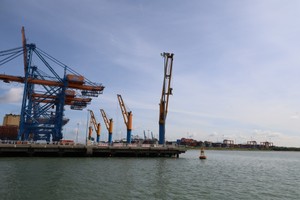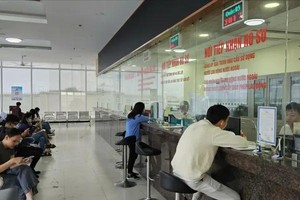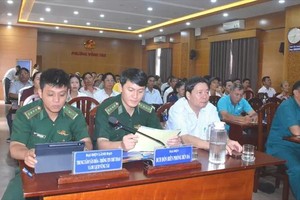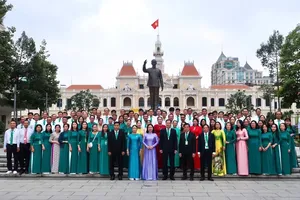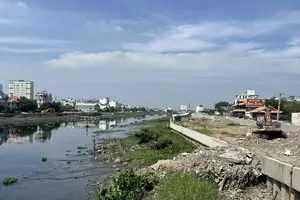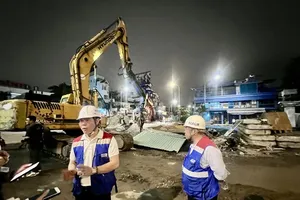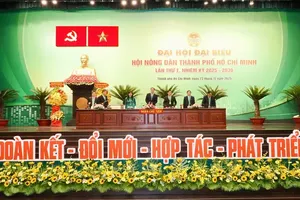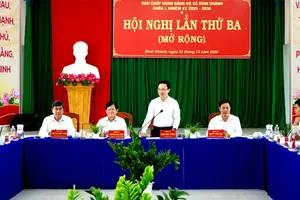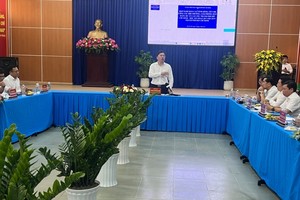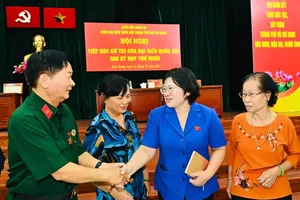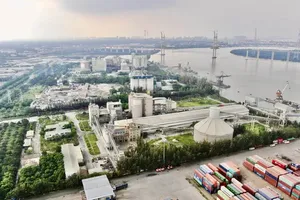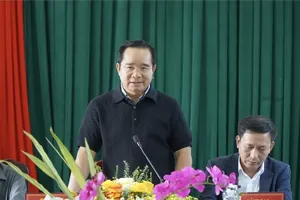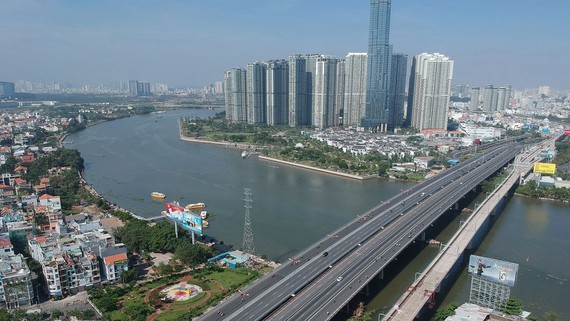
Regarding the number of PPP projects in motion in HCMC, there are 22 projects being implemented under signed contracts with a total investment of VND64,244 billion (about US$2.8 billion); 166 being invested in at a total of VND324,770 billion (about US$14 billion); and 293 planned projects calling for PPP investment, total estimated value VND910,426 billion (about US$39.3 billion). The future projects cover transportation, environment, health, culture, education and other fields.
PPP investment has contributed much to the city infrastructure, however, according to the upcoming PPP Law, there will only be 5 fields focused on external investment. These include infrastructure, essential services, social security, fields related to Industry 4.0 development, and help promote the country’s socio-economic development and improving quality of life.
Only the National Assembly, Prime Minister, ministers, and heads of central agencies and provincial People's Councils shall determine project classification. As a result, HCMC may find it difficult to call for investment for projects that do not have enough revenue from public services.
For example, anti-flooding and tide control projects, or relocation for households along canals, parks and cemeteries cannot call for PPP investment. The new PPP law no longer regulates investment under building transfer contracts and the fields allowed are limited, said HCMC Department of Planning and Investment.
The law also stipulates that total investment of a project must be at least VND200 billion (about US$8.6 million) to call for investment. As a result, HCMC will have few projects qualified, and district-level agencies will have a hard time classifying small scale projects.
Deputy Chairman of HCMC People Council's Economic and Budget Board Cao Thanh Binh believes that the legal adjustments were necessary to avoid financial loss and inefficiency. In the past, implementation of PPP projects faced lots of problems in site clearance compensation that led to delays and eventually capital inflows.
For a long time, private investors have been focusing on real estate and most choose to pay with land use rights. Because of unclear regulations, this method of payment without land bidding is likely to cause loss to the state budget.
Specifically, Decree 69/2019/ND-CP states that when using public assets to pay investors for a building transfer contract, project owners must conduct biddings and make report of the land fund to the Prime Minister, said Vice Chairman of HCMC People’s Committee Vo Van Hoan. This regulation will make PPP investment not as appealing to private investors as before.
